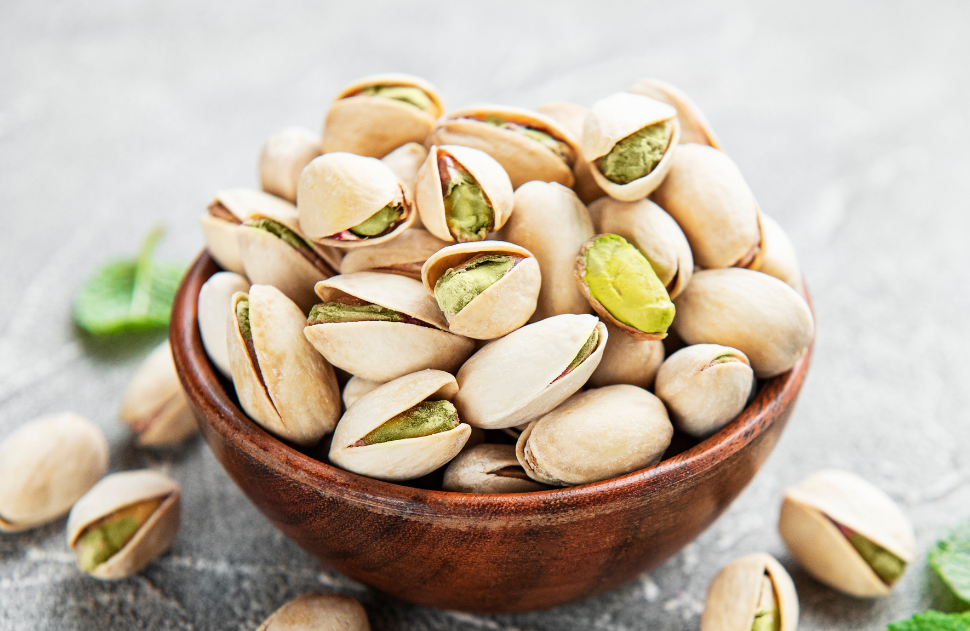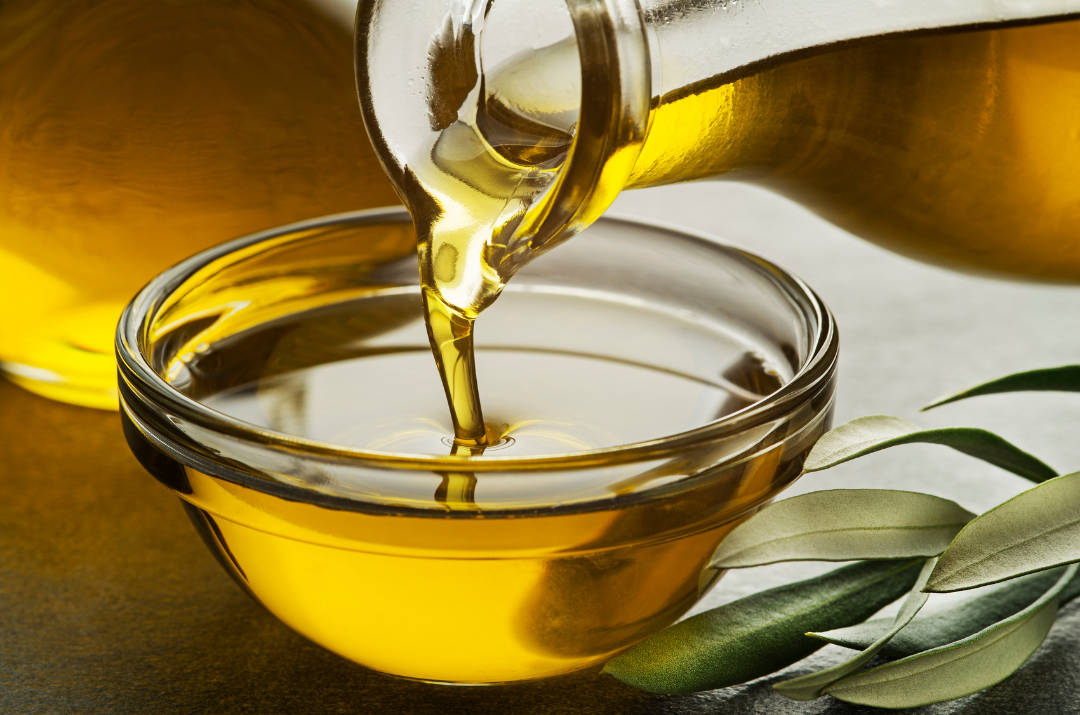Food is cellular information.
Diet plays a huge role in cholesterol levels. Eating foods that keep cholesterol within a healthy range can help prevent health issues, such as a heart attack or stroke.
Cholesterol is a waxy, fat-like substance that’s found in all the cells in your body.
Your body needs some cholesterol to make hormones, vitamin D, and substances that help you digest foods.
Cholesterol is a waxy substance that travels through the bloodstream as a part of two different lipoproteins: low-density lipoprotein (LDL) and high-density lipoprotein (HDL).
LDL cholesterol is often referred to as “bad” cholesterol because it causes fatty deposits to build up in the blood vessels. These deposits can flow and cause heart attacks or strokes.
HDL cholesterol or “good” cholesterol helps remove cholesterol from the body through the liver. High levels of HDL cholesterol can reduce the risk of heart problems and strokes.
7 Foods That Lower Cholesterol
1. Fish.
Fish has omega 3s which has been proven to lower LDL cholesterol. Omega-3s reduce triglycerides in the bloodstream and protect the heart by helping prevent the onset of abnormal heart rhythms.
2. Fruits
Many types of fruit are rich in soluble fiber, which helps lower cholesterol levels. Pears, figs, apricots, and nectarines are a few great examples.
Soluble fiber encourages the body to get rid of cholesterol and stops your liver from producing this compound.
One kind of soluble fiber called pectin lowers cholesterol by up to 10%. It’s found in fruits including apples, grapes, citrus fruits and strawberries.
Fruit also contains bioactive compounds that help prevent heart disease and other chronic diseases due to their antioxidant and anti-inflammatory effects.
Eating berries and grapes, which are particularly rich sources of these plant compounds, can help increase “good” HDL and lower “bad” LDL cholesterol.
3. Avocado
Load up on the avocado toast! (Everything but the bagel seasoning from Trader Joes is a fabulous add-on)
Avocados are rich in heart-healthy nutrients. One study concluded that eating one avocado a day as part of a moderate fat, cholesterol-lowering diet can improve cardiovascular disease risk, specifically by lowering LDL cholesterol without lowering HDL cholesterol.
4. Steel cut oats
Oats significantly improve cholesterol levels. In particular, steel cut oats are the best choice, due to being the least processed. They also have the lowest glycemic index of the three types of oats, potentially making them the best choice for blood sugar control.
In one study, participants with mildly elevated cholesterol levels ate 70 g of oats per day. This gave them 3 grams of soluble fiber per day, the amount that is needed to lower cholesterol, according to research.
The team found that the participants’ LDL cholesterol levels fell by 11.6% in 28 days.
Other research has proven that the soluble fiber in oats lowers LDL cholesterol levels and improves your risk for cardiovascular disease.
Oatmeal is a great staple for one’s diet – it’s healthy, affordable, and filling. Add cinnamon, a drizzle of peanut butter, fruits, nuts, and raw honey to spice things up.
5. Nuts
Nuts are rich in fiber, which helps keep the body from absorbing cholesterol and promotes its excretion.
All nuts are great for the heart and lowering cholesterol:
- almonds
- walnuts
- pistachios
- pecans
- hazelnuts
- Brazil nuts
- cashews
6. Extra virgin olive oil
This Mediterranean staple is filled with so many nutrients and anti-inflammatory properties, it’s practically medicinal. Research has shown that one of olive oils heart-healthy effects is an increase in HDL cholesterol.
Research has found a direct correlation between cancers and diseases and the consumption of vegetable oils such as:
Soybean oil.
Canola oil.
Corn oil.
Cottonseed oil.
Sunflower oil.
Peanut oil.
Sesame oil.
Rice bran oil.
The sad thing is that these oils are in almost all processed foods. And then we wonder why society is so damn sick… 🙄
7. Garlic
For example, have found that garlic can help regulate serum cholesterol levels. Research has also shown that garlic can also help reduce blood pressure.
Garlic is truly a superfood. It’s immune-boosting, anti-cancerous, and tremendously beneficial for the brain.
“Reports from the American Institute for Cancer Research show that eating garlic frequently may lower the risk of certain cancers such as colorectal cancer by helping with DNA repair, slowing the growth of cancer cells and decreasing inflammation,” says Stefani Sassos, MS, RDN, CSO, CDN, and Deputy Director of the Good Housekeeping Institute Nutrition Lab.
Garlic has long been associated with immune-boosting and anti-microbial benefits. Most of the health benefits found in garlic come from the sulfur compound allicin which is released when garlic is cut, crushed or chewed. A recent study suggests that garlic may boost the body’s immune system to better deal with viral infections.

























Add comment